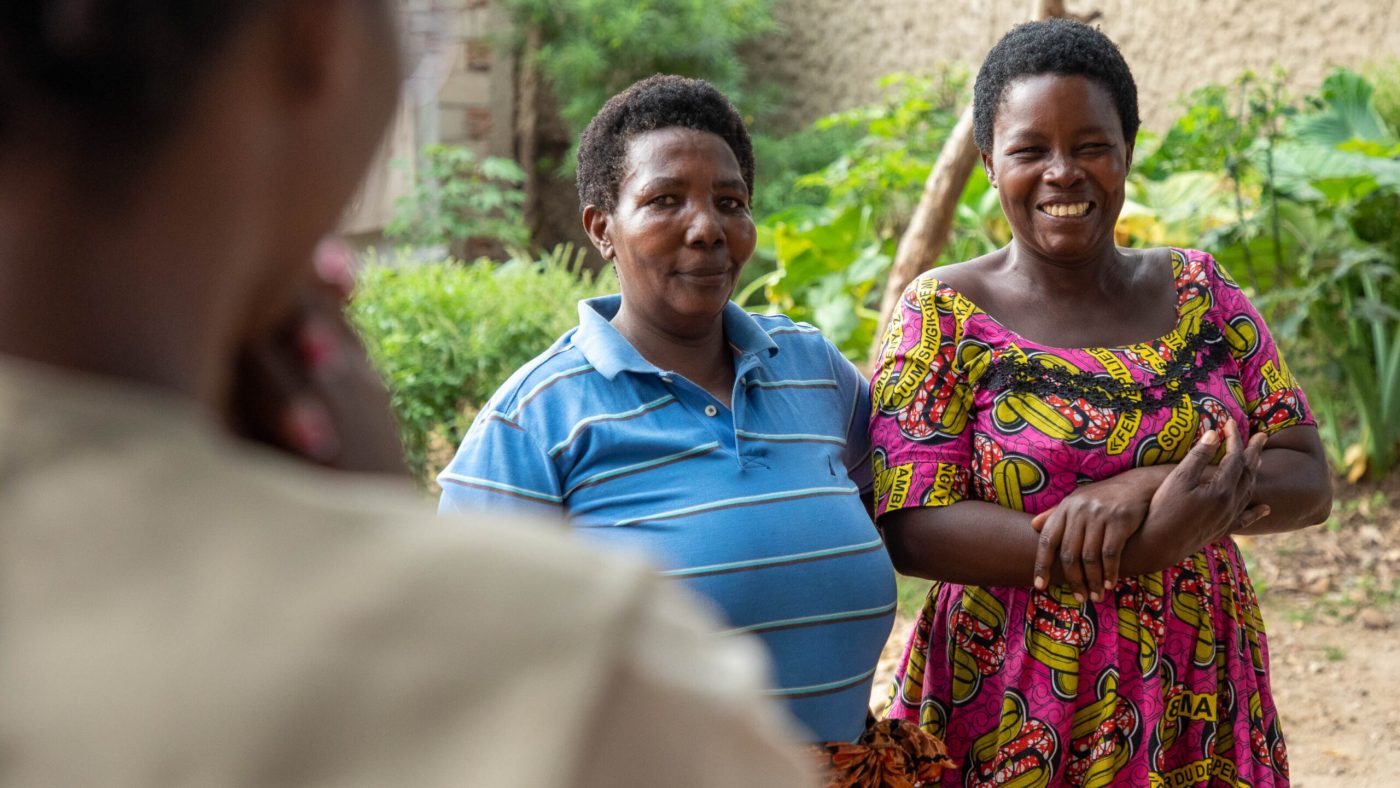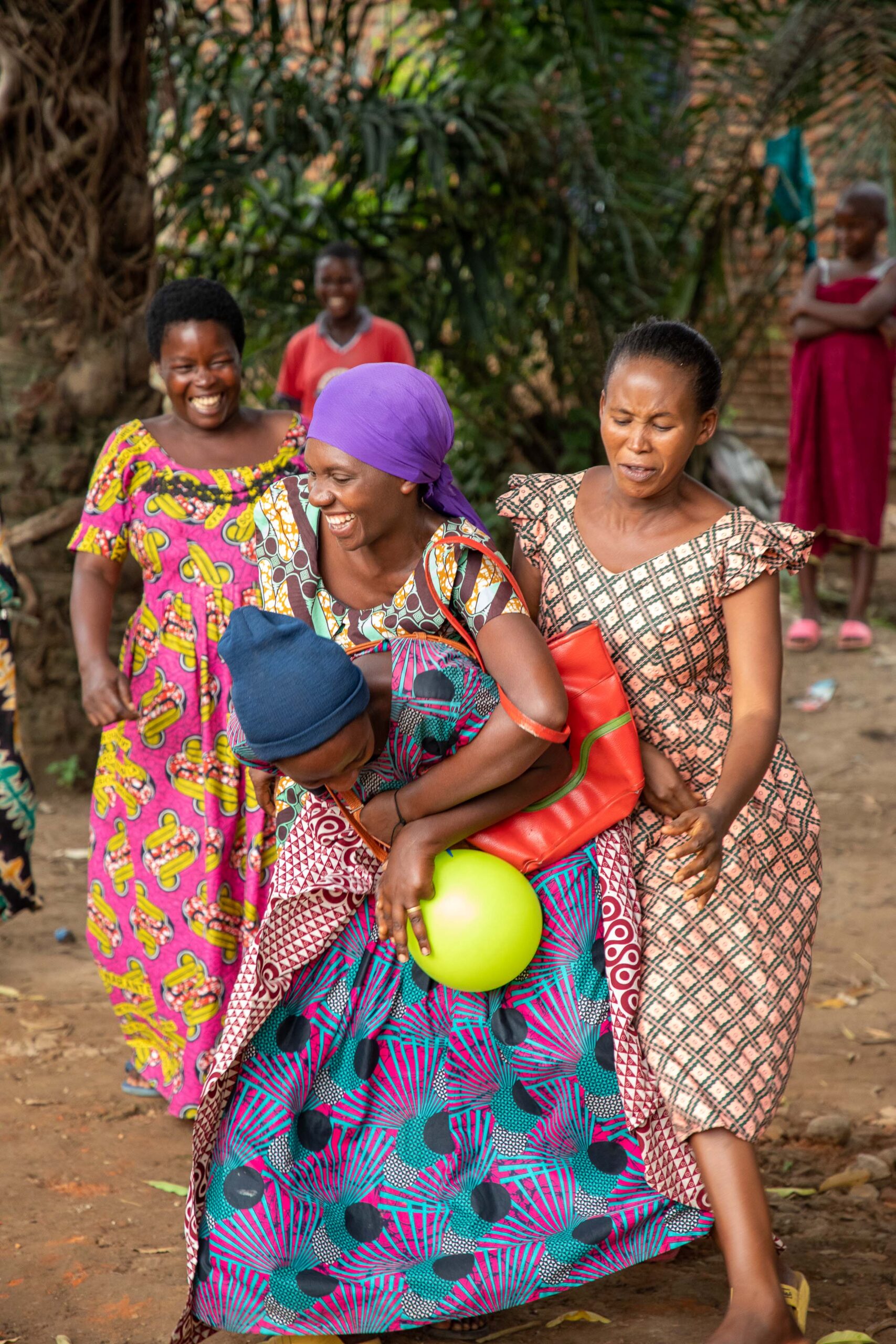

This story from Burundi is the first in a series of four campaigns we will share throughout the year, showing that mental health support is not one-size-fits-all. It is shaped by context, by community, and by the real challenges people face every day. Stay tuned as we share more throughout the year!
What Does Mental Health Support Look Like in Burundi? For Maya, It Meant Rebuilding Her Family
When Maya joined a local group therapy session after recovering from MPOX, she did not expect it to change how she related to her children. “I learned how to give them play time,” she says. “They opened up. And I learned to listen.
For Maya, a mother of three living in Kamenge, northern Bujumbura, mental health support came at a crucial time. After being hospitalised for nearly two weeks during the MPOX outbreak, she returned home to find her relationship with her children had shifted. They were quiet, reserved—and more attached to their aunt than to her.
“Their behaviour had changed,” she explained. “They didn’t express their emotions easily anymore. I think it was the stress, and maybe the way I had been with them at home. I used to silence them. I didn’t understand their reactions.”


During her recovery, Maya joined Parents Deal, a community-based support programme run by Spring Communities and supported by HealthNet TPO in collaboration with War Child as part of an MPOX response project funded by UNICEF. The sessions, led by trained local facilitators, created space for parents like Maya to reflect on family dynamics and learn ways to support their children’s emotional wellbeing.
“Through play sessions and the advice of the group, I was able to reconnect with my children,” Maya said. “I feel better prepared now. I can manage my own stress, and I understand that my mental health affects them too.”
As a result, Maya has seen a real shift in her household. Her children are more relaxed and communicative. Their bond has grown stronger. And she feels more confident as a mother. “Communication and support can change family dynamics,” she says. “Especially during times of crisis.”


MHPSS in Burundi: Supporting Families to Heal
Mental Health and Psychosocial Support (MHPSS) is vital in crisis and post-conflict settings as it helps individuals cope with trauma and rebuild emotional resilience, helping to prevent long-term mental health issues. MHPSS is not only essential for individual wellbeing but also for broader recovery, peacebuilding, and development efforts.
In Burundi, HealthNet TPO provides mental health and psychosocial support tailored to community needs. During the MPOX epidemic, this meant helping families—especially children—cope with the stress and uncertainty of illness and isolation.
Working with local organizations like Spring Communities and partners including Street Child and UNICEF, we trained community facilitators to deliver mental health support where it was most needed: in homes, schools, and neighbourhoods.
Because healing does not happen in isolation. It happens in families, in communities, and in safe spaces where people are seen and supported.
Partners
-

UNICEF
-

Spring Communities
-

Streetchild




